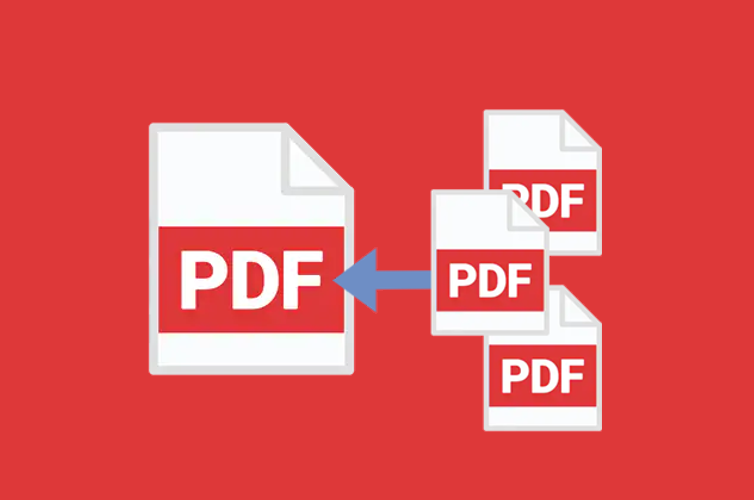The continued exponential growth in technology presents us with an exciting future ahead. In all walks of life, we’re enjoying rapid improvements, be it to our social networking, home lives or professional endeavours. Indeed, the likes of the Internet of Things, AI and virtual and augmented reality are making once unthinkable advances to our day-to-day existence.
One area highlighted for technological support is mental health; a once taboo subject that has quickly become a focus of our society. More specifically, improved mental wellbeing in the elderly is something that could benefit both the individual and the care industry greatly.
Here, we discuss how advances in technology could help the old as well as the young.
A Virtual Trip Down Memory Lane?
One of the biggest challenges care homes face is creating a mentally stimulating environment for their inhabitants. Because of the way they are set up and the resources available, care homes often risk providing surroundings that are somewhat cold and detached from the outside world. Virtual reality is offering the opportunity to change this.
Allied Fleet reported on trials in the North East of England where VR company Reminiscience Ltd were providing care home inhabitants with trips back to their favourite places via a VR headset. Whether it was a walk along their favourite beach or an adventure to a foreign land, the headset was allowing users to enjoy memories of the ‘good old days’.
Such mental stimulation is invaluable to the elderly and their hosts, which is why we’re likely to see more of it utilised in the future.
The Smartphone that Looks After You
Smartphone and corresponding app technologies are improving all the time, and smartphones are offering the potential to effectively become handheld medical assistants, boasting a number of solutions involved with better doctor-patient communication, as well as playing their part in boosting and maintaining positive mental wellbeing in their users.
As far as mental health is concerned, there are a growing range of apps designed to help your mental state. Take the award-winning Calm app, which teaches you how to meditate, relax your mind and hold breathing sessions, as well as reading you a nice bedtime story. All these areas have been shown to help anxiety, depression and sleep disorders, and there’s plenty more to come from future app developments.
The potential benefits of this readily accessible technology to the elderly are obvious, it’s just a case of teaching them to use it. Right now, only younger generations are utilising these services. Sooner rather than later, the elderly community will embrace these tools as well, it’s just a matter of getting them to trust and understand the technology.
A Better System
There’s no denying that the care industry is under incredible strain. Particularly on the publicly financed side, homes find themselves heavily under resourced and overwhelmed with caring for their patients. Each individual requires a tremendous amount of attention, which in turn means care homes often find themselves coming up short against expectation.
The likes of the technology mentioned above, alongside the integration of better ERP systems in the future, should take a huge weight off the shoulders of the services for our elderly. If patients can remain mentally stimulated and monitored more frequently by technology, human resources can be better distributed across the care system, and an overall better service should be offered.
It’s an exciting time for those with even the slightest interest in technology, but it might just be those who have no interest whatsoever, in our elderly, that see some of the greatest benefits.












+ There are no comments
Add yours